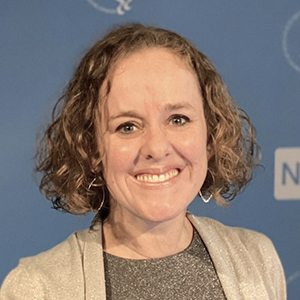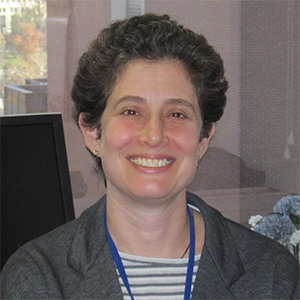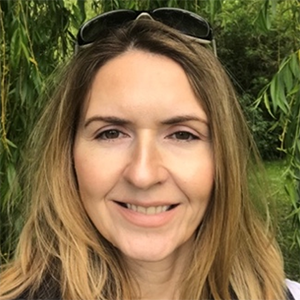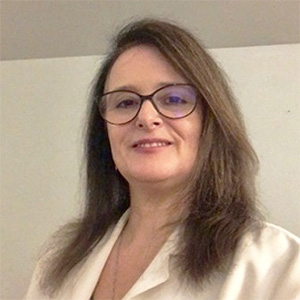This study was initially launched in 1994 to identify the genetic cause of familial Mediterranean fever (FMF). Since then, it has expanded to include several novel and undiagnosed causes of autoinflammatory disease. For more information, see Protocol 94-HG-0105 or ClinicalTrials.gov Identifier: NCT00001373.

Dr. Kastner has been at NIH since 1985. He is most known for proposing the concept of autoinflammatory disease as distinct class of illness. Dr. Kastner has won a number of awards and honors, including election to the National Academy of Sciences in 2010 and to the National Academy of Medicine in 2012, recognition as Federal Employee of the Year in 2018, and the Ross Prize in Molecular Medicine in 2019 and the Crafoord Prize in 2021. He also serves as the scientific director of the Division of Intramural Research of the National Human Genome Research Institute.

Dr. Ombrello is a dually certified adult and pediatric rheumatologist who oversees the autoinflammatory clinic at NIH. She completed her medical training at Saint Louis University School of Medicine. Dr. Ombrello has been with the group since 2010.

Dr. Stone did her pediatric residency at the Children’s Hospital of Pittsburgh and her clinic genetics fellowship at NIH. She joined the autoinflammatory group in 2007.

Patrycja Hoffmann, R.N., MSN, is a dually certified pediatric and adult nurse practitioner. Patrycja joined the autoinflammatory team in 2009.

Lorena Wilson is board certified as an adult nurse practitioner and has a doctorate in nursing. Lorena’s professional work experience at NIH include both NIAMS and NHGRI, where she has been able to enjoy both research and clinical patient care.

Carol is a family nurse practitioner works with both NHGRI and NIAMS for a year. She also is fluent in Spanish.

Tina Romeo is a clinical research nurse with our autoinflammatory study. She graduated with a bachelors degree in nursing from the University of Pittsburgh. Tina’s nursing career has been in pediatric nursing. She has loved being a nurse and taking care of patients and families. Tina has been at NIH since 2005 and has been with our autoinflammatory team as the pediatric research nurse since 2015.

Natalie is a genetic counselor who helps participants navigate the genetic testing that occurs as a part of the study. She also sees patients on the RUNX1 Natural History study at NHGRI.

Dr. Aksentijevich is certified in clinical molecular genetics by the American Board of Medical Genetics. She oversees the CLIA-certified diagnostic program and numerous research projects within the lab. She has worked with the team since 1994.
Last updated: September 7, 2023
